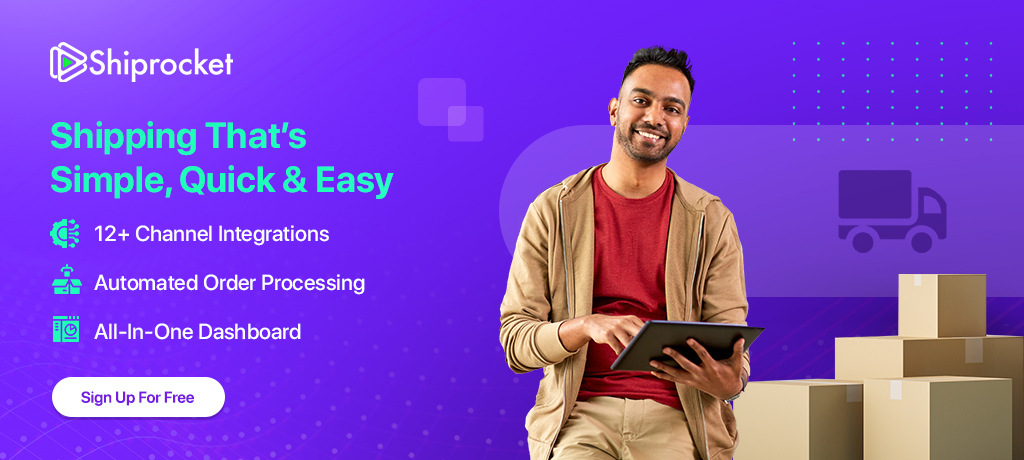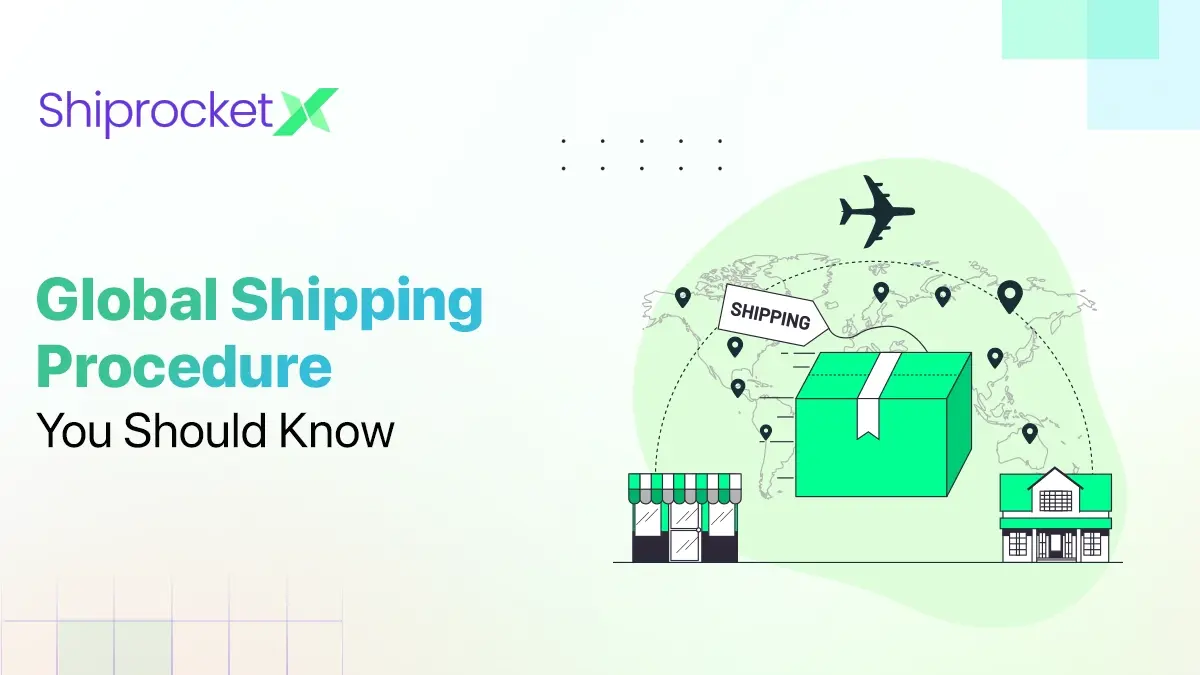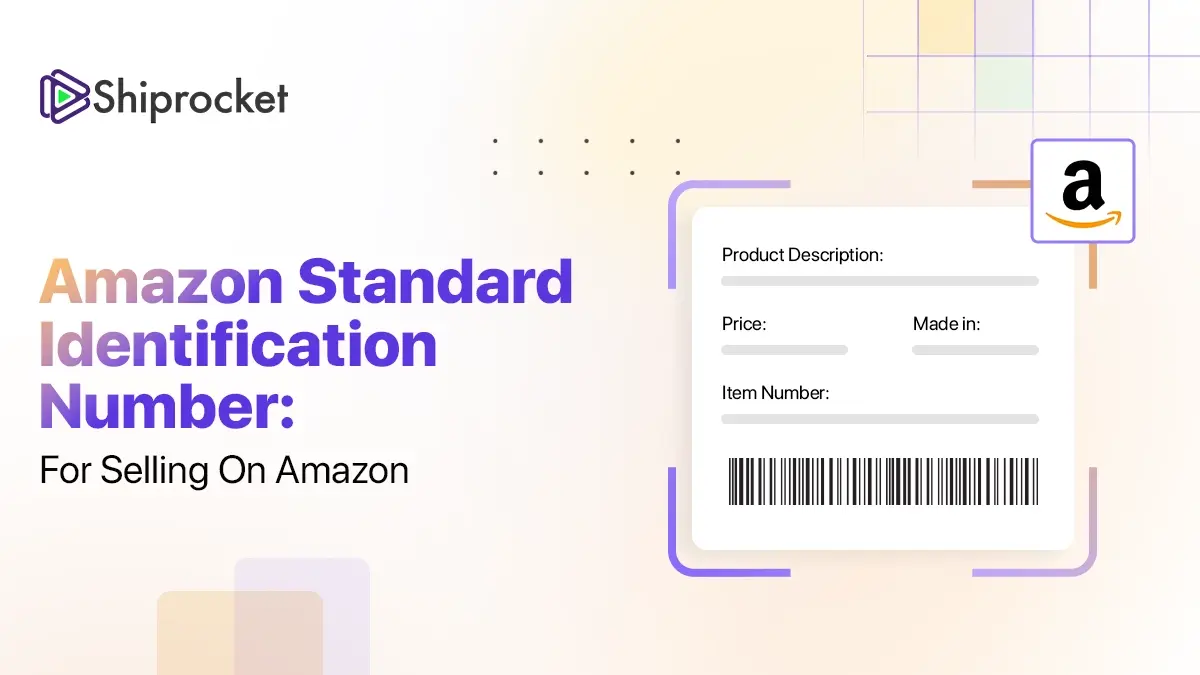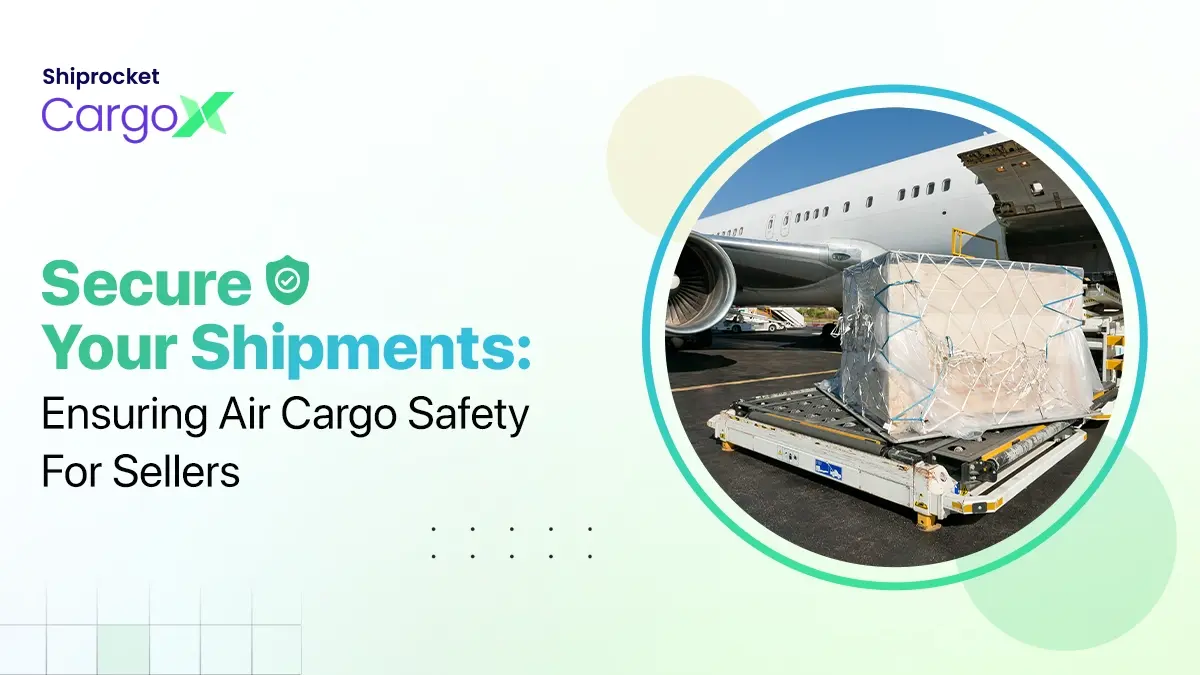Transportation Management in Logistics: A Complete Guide
A transportation management system is software or a platform that allows small and large companies to easily manage their logistics activities. Any activity, irrespective of the mode of transport (land, air, or sea), can be managed by a TMS system. The TMS system is a small portion that helps optimise larger supply chain processes, ensuring timely delivery of goods through streamlining loads and delivery paths. They use automated strategies to avoid all forms of time-consuming tasks that are prone to manual errors. TMS significantly minimises the operational costs of both the business and the end customer.
With technological development, cloud-based transportation management systems have been created, levelling the playing field for smaller businesses. TMS was initially only adopted by large businesses, but today, even the eCommerce sector uses it, which increases its demand.
Let’s explore transportation management in logistics in detail, its key features, its significance, and recent developments.
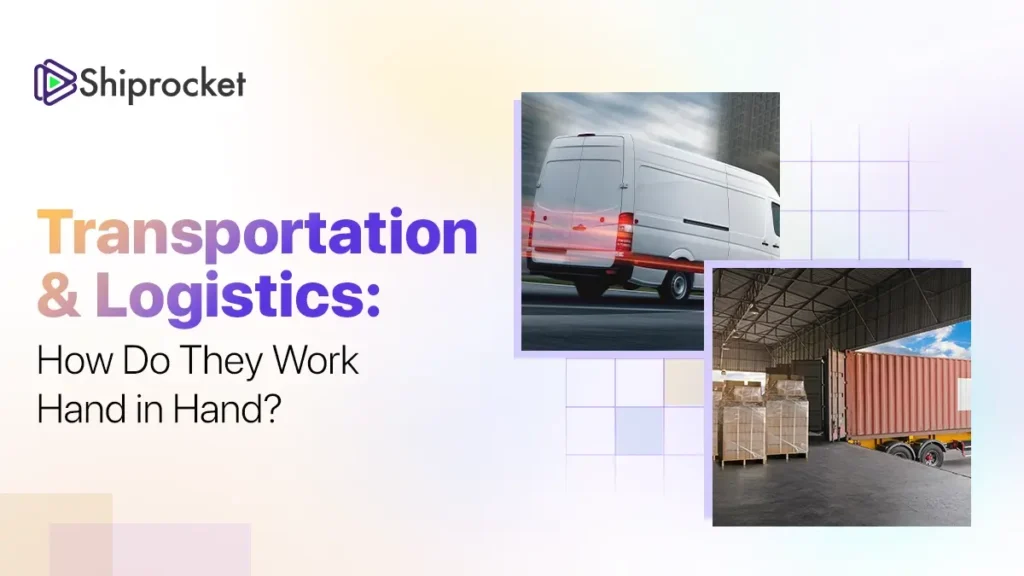
What is a Transportation Management System (TMS)?
A logistics platform that employs modern technological solutions to help businesses analyse, plan, execute, and streamline the physical movements of goods that are coming in and going out is known as the Transportation Management System (TMS). It is a small part of the supply chain management system.
The Significance of Implementing a TMS
Transportation management systems play a key role in supply chain processes and impact every sector of the supply chain.
- TMS handles everything from planning and procurement to managing inventory and the complete logistics process. These elements must be streamlined to achieve the highest customer satisfaction rates.
- With greater customer satisfaction rates, sales also rapidly increase, enabling businesses to grow. TMS allows you to easily and successfully navigate through intricate processes that revolve around trade policies.
- TMS enables the enhancement of supply chain efficiency through automation and other new and upcoming technologies. It also facilitates collaboration and communication strategies that allow real-time engagement.
- The cost-effective optimisation strategies that TMS offers attract users. It optimises operations like route planning, the selection of transportation carriers, and other relevant documentation. It also has a green edge that enables companies to minimise the number of empty miles driven and bottlenecks.
Key Attributes of Transportation Management Systems
The key features of transportation management in logistics have only evolved over the years. Certain attributes are necessary, as a TMS system can substantially reduce the complexities of supply chain processes while enhancing their efficiency. These include:
- Transportation execution and planning: The choice of shipping mode, whether through air, sea, rail, or road, must be planned to make the most efficient choice. TMS also enables streamlining loads and taking advantage of real-time tracing capabilities.
- Freight management: The TMS optimises all quote-to-contract processes. It enables you to easily and efficiently manage freight, costing, and ordering workflows. It also manages the freight billing and settlement processes for both intermodal and multimodal transportation systems.
- Analytics, reporting, and TMS dashboards: Forecasting demand for transportation, rate analysis, and analysis of gains are some important features of TMS. They are designed so that they can easily adapt to unforeseen circumstances. They are also capable of providing real-time visibility and making data-driven decisions.
Advantages of Using TMS Solutions
The transportation management system optimises and provides cost-effective strategies for any business. Here are the most common benefits of using a TMS solution.
- Enhanced efficiency: TMS software eliminates all manual processes and automates them. Most tasks involved in planning and execution, mainly including optimisation of routes, tracking, etc., are automated, minimising manual errors.
- Real-time visibility: TMS also gives real-time visibility into transportation operations, making it easier for businesses to identify and evaluate any issues. As a TMS system optimises the routes, it makes it easier for businesses to achieve their green goals by minimising the number of miles driven.
- Better consumer service: TMS platforms enable consumers to make well-informed decisions and minimise the need for customer service queries. TMS software also enables proactive communication with consumers regarding probable delays. It helps build a sense of loyalty and trust with their clients.
- Data-driven decisions: TMS stores all the shipping data, from costs and routes to dates and documentation. This allows businesses to make informed decisions easily based on data-driven analytics. As a result, real-time trends and patterns can be identified, and future trends can be anticipated. All of this helps in streamlining logistics processes and minimising operational costs.
- Safety and compliance: TMS systems are equipped with tools to ensure compliance for tracing and monitoring relevant data like driver hours, carrier maintenance, emission and exhaust records, etc. TMS software aids in improving safety by providing the necessary tools for monitoring and managing your logistics operations. Moreover, it also alerts and signals when the driver engages in unsafe behaviour, making it easier for you to make proactive decisions.
- Real-time visibility: TMS software gives you real-time visibility, covering all the complexities in logistics processes. It helps to monitor the movement of goods. Your KPIs and efficiency of operations can also be recorded on your TMS dashboard. Hence, you can always be prepared, including for unforeseen circumstances.
Understanding the Functionality of a TMS System
A TMS is connected to the carrier’s system. It accesses, records, and compares all the details of the carrier. It also has functionality that enables businesses to streamline routes and modes of transportation. Furthermore, it also has a real-time tracking and delivery progress option.
A transportation management system works with other software as part of a larger and more elaborate supply chain management (SCM) system. This SCM system also offers enterprise resource planning solutions with warehouse management integrations. Each of these software systems has well-defined roles, performs specific functions, and is integrated to work harmoniously to become a digital tripod supporting all delivery and end-to-end processes. The functions of these three systems are:
- ERP: Enterprise resource planning systems handle all accounting and order management processes. It is also responsible for the invoice-raising process.
- WMS: Warehouse management systems allow you to manage all warehouse-oriented functions like palletisation, shipping, receiving, inventory tracking, and order fulfillment.
- TMS: A TMS is responsible for freight management and route optimisation operations. It also takes care of carrier streamlining functions.
TMS System Users: Who Benefits from Transportation Management Systems?
TMS systems are mainly used by businesses or eCommerce platforms for shipping and receiving goods. With the COVID-19 pandemic, the world has now gone digital. Even the smallest of businesses have joined the ranks of wholesale distributors, manufacturers, and retailers. Everyone is finding alternatives to ensure speedy, cost-efficient, and secure delivery. Today, these industries can benefit from TMS software:
- Healthcare and pharmaceutical industry
- Logistics providers
- Defence and aerospace industry
- Food and restaurant-oriented businesses
- Wholesalers and retailers
- Manufacturing industries
Cloud-Based TMS and Modern Technologies
A cloud-based transportation system offers the same benefits as a normal TMS system. They also provide some additional benefits. These include:
- Enhanced economies of scale
- Free upgradation
- Minimised cost of ownership
- Easier scalability options
- Speedy returns on investment
In today’s expansive business industry, consumer expectations are rising and will continue to rise. With the dynamic global trade regulations that require supply chains to continuously evolve, a cloud-based TMS system is a necessary investment.
Here are some of the most recent developments that TMS has seen in recent years:
- Fleet monitoring with the Internet of Things (IoT): The use of simple devices like sensors, radars, and lidars has made real-time fleet management monitoring a lot more precise and easier. Companies can lower their operational costs, minimise delays and enhance safety through IoT-based solutions.
- Artificial Intelligence (AI): AI has brought about several game-changing innovations and can handle time-consuming tasks efficiently and quickly. The logistics world will be easily transformed with AI self-driving vehicles and carriers on the rise. It will make the entire process a lot more efficient and reliable.
- Machine Learning (ML): ML allows you to make accurate decisions and predictions based on historical data. It allows you to manage all important trade-offs between cost-savings and on-time delivery.
With the development of new technologies, modern transportation management systems provide valuable insights that allow businesses to thrive in this digital era.
Conclusion
A Transportation Management System (TMS) is an efficient tool that allows businesses to optimise all their logistics processes. It is a crucial element of any supply chain management system. By automating and streamlining procedures, including route planning, carrier selection, and freight invoicing, TMS primarily aims to increase a company’s transportation operations’ efficiency and cost-effectiveness.
The efficiency of a company’s supply chain can be increased overall, and transportation expenses can be decreased using a transportation management system. Moreover, transportation management in logistics can help you lower the number of empty miles driven, prevent shipping delays and bottlenecks, and improve the use of transportation assets.
Yes, transportation is an important aspect of logistics. It plays an important role in ensuring goods are delivered on time to the end customer. The more efficient the transportation process, the more cost-effective the overall supply chain network.
Yes, you might face several challenges when using TMS. These may include the inability to track deliveries, inefficient route management, improper management of transportation costs, delays in delivery and invoicing, and more.
Yes, all businesses can use transportation management software. However, these are considered more valuable for big businesses with complex shipping requirements. It can help your business streamline its shipping processes, saving time and money.


